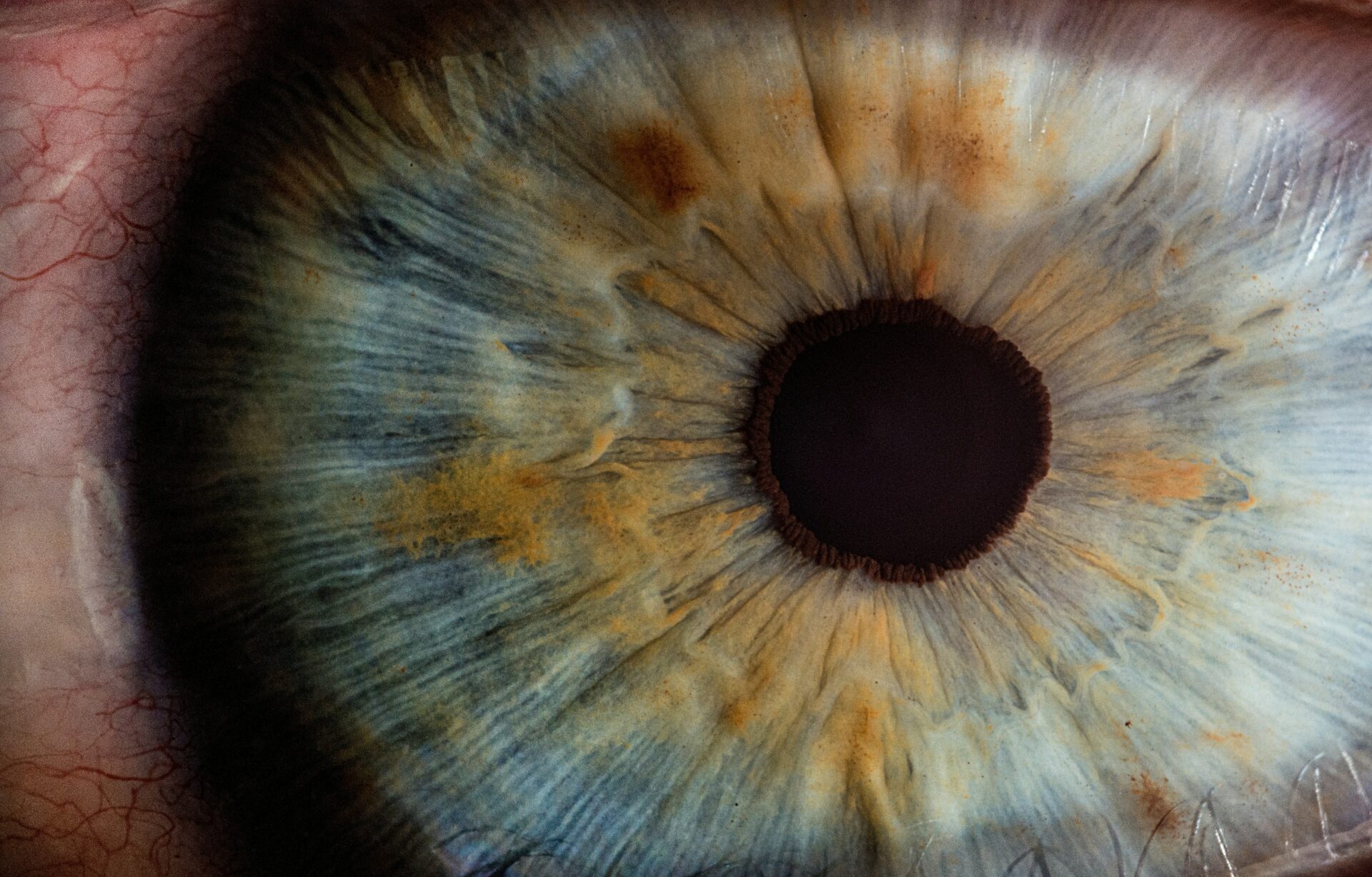Have you ever been poked in the eye? Or have you ever gotten a speck of dust in your eye and learned how it takes just the tiniest piece of grit to cause the severest amount of pain? The smallest particle of dirt has the ability to incapacitate the biggest and strongest of men when it lodges in his eyeball. The eye is fragile and precious and we rightly guard it from harm.
There are a number of places in Scripture where God refers to his people as “the apple of his eye”—a delightful phrase that has been translated and adopted by the English language. The apple of the eye is the dark circle, the pupil, the tenderest and most important part. It is the part we protect with the greatest of care.
In Deuteronomy 32 Israel is referred to in this way. “[God] encircled him, he cared for him, he kept him as the apple of his eye.” In Psalm 17 David is desperate for protection and asks God, “Keep me as the apple of your eye; hide me in the shadow of your wings.” The phrase appears again in Proverbs and in Lamentations, and these repeated uses demonstrate the love God has for his people. Just as we protect the pupil as a particularly weak and vulnerable part of the body, God protects his weak and vulnerable people. God’s people plead with him to protect them in the way they so earnestly protect their own eyes.
There is one further reference that comes in the closing chapters of the Old Testament. There Zechariah prophesies and proclaims, “For thus said the Lord of hosts, after his glory sent me to the nations who plundered you, for he who touches you touches the apple of his eye…” Here God is warning the nations that if they harm Israel they will effectively be harming God—they will be poking him in the eye. And just as any human being will swat away the finger that attempts to jab itself into the pupil, God will swat away the enemy that attempts to harm his chosen ones. God so identifies with Israel, he so loves them and cares for them, that they are like that most precious and tender part of his body.
We do not need to look hard or look far today to find people who mean to do damage to God’s people—no longer ethnic Israel, but the church God has called from all nations, tribes, and tongues. The laws of many countries, and increasingly those in the West, are turning against God’s people. Those who pass such laws and those who enforce them should be warned—they are reaching out a finger toward the eye of God. And even where the laws have not been militarized against God’s people, many individuals, many organizations, and many corporate policies have been. Here too people ought to know and consider—they are poking God in the eye.
We need to know that when we turn on our fellow Christians, when we hurt or harm them, when we belittle or insult them, we are poking God in the eye.
But I think there is another application that ought to concern you and me. We need to know that when we turn on our fellow Christians, when we hurt or harm them, when we belittle or insult them, we are poking God in the eye. When we exaggerate their faults or diminish their graces, we are reaching out a finger toward his pupil. When we treat them poorly instead of well, when we tear them down instead of build them up, when we curse them instead of bless them, we are like a piece of grit in the eye of God.
And we should not expect that God will stand idly by while we do damage to what he regards as most precious. We should not expect that God will sanction such violence or that he will long tolerate such sin. We should not expect that he will shrug his shoulders in apathy as a finger repeatedly gouges his eye.
God loves his people—the people he called and justified, the people he sanctified and glorified, the people who belong to him. He loves them and will protect them. So be warned. Be warned when you are tempted to mistreat them, be warned when you are tempted to do or say what would harm them—he will protect his very own people in the way you protect your very own pupil. For they, for we, are the apple of his eye.
Note: My understanding of the original Hebrew phrase is that it translates most naturally to something like “the dark part of the eye” and the “apple” is an especially evocative English translation.










